How AI is changing film production: The future of cinema in 2025
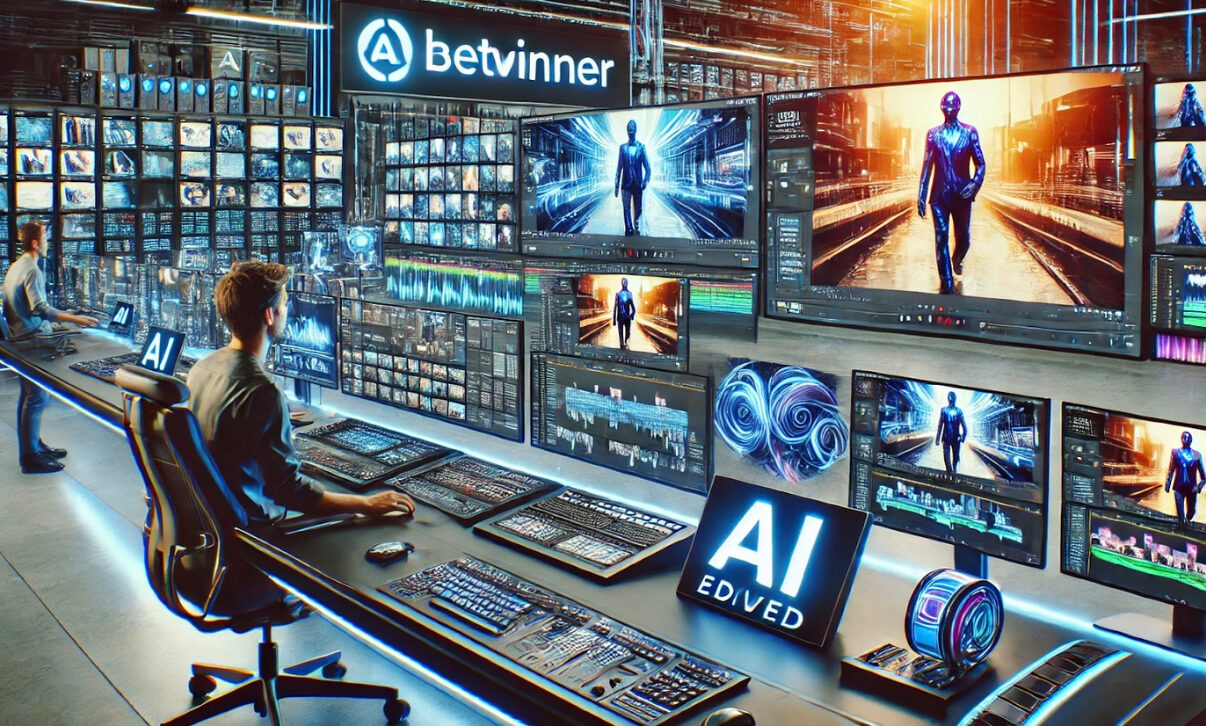
Artificial intelligence (AI) is fundamentally reshaping the film industry. By 2025, AI’s integration into filmmaking processes promises to redefine both creative and technical aspects of production. From automating post-production tasks to generating entirely new visual landscapes, the impact of AI will be transformative, providing exciting new opportunities for filmmakers at all levels. Not only does AI streamline workflows, but it also empowers smaller teams and independent filmmakers to create high-quality content with fewer resources.
Interestingly, the influence of AI in fields like sports analytics is akin to its impact on filmmaking. Much like how the Bet Winner app simplifies and streamlines data for sports enthusiasts, AI tools in cinema help filmmakers analyse audience preferences, predict box office success, and make informed creative decisions. In both realms, efficiency and accuracy are key.
AI in pre-production and script development
AI is already revolutionising pre-production, one of the most critical stages of filmmaking. Writers and directors can use AI to overcome writer’s block, generate new story ideas, and even refine existing scripts. AI-powered tools can process vast amounts of data to provide insights into what type of stories or plot points resonate most with audiences. This allows filmmakers to craft narratives that are more likely to succeed both critically and commercially.
Key impacts of AI in pre-production include:
- Scriptwriting Assistance: AI can suggest edits, plot twists, and character developments, aiding screenwriters in creating more engaging stories.
- Location Scouting: Tools analyse thousands of potential filming locations, helping directors find ideal settings without leaving the studio.
- Budget Optimisation: AI predicts production costs with remarkable accuracy, enabling better financial planning for filmmakers.
These changes make pre-production more efficient, allowing filmmakers to focus more on creativity and less on logistical challenges.
AI in production: Virtual sets and intelligent cameras
Virtual production is becoming increasingly common, driven by AI’s ability to generate realistic, immersive backdrops and environments. Instead of traveling to distant locations or constructing elaborate sets, filmmakers can create entire worlds using AI, saving time and resources.
AI-powered cameras and lighting systems are also enhancing production. For example, intelligent autofocus systems like those developed by DJI track subjects automatically, ensuring consistently sharp shots. This type of automation reduces human error and makes complex scenes easier to capture.
How AI is changing production:
- Virtual Set Creation: AI-generated environments replace the need for costly set construction, opening new possibilities for indie filmmakers.
- Intelligent Cameras: Cameras with AI-driven focus and motion tracking streamline shooting, allowing filmmakers to capture difficult shots with ease.
- Automated Scheduling: AI analyses shooting schedules and manages logistics, optimising time spent on set.
Post-production: AI as the ultimate time-saver
Post-production is where AI’s influence is most evident. Editing, once a laborious process, can now be expedited through AI tools that sort and organise footage. AI can even suggest edits or automatically assemble rough cuts, significantly reducing the workload for editors. Furthermore, AI has advanced in colour grading, visual effects, and sound design, automating many aspects of these traditionally manual processes.
Tools like Adobe’s Sensei and Runway ML have introduced features that allow editors to automatically apply visual effects or enhance video quality with just a few clicks. This accessibility means that even low-budget films can now achieve a level of polish that was previously only available to major studios.
AI’s impact on post-production:
- Automated Editing: AI organises hours of footage, suggests cuts, and speeds up the editing process.
- Enhanced Visual Effects: Complex effects, such as CGI, are easier to integrate with AI assistance, reducing the need for large VFX teams.
- Faster Sound and Music Production: AI generates custom soundtracks and enhances audio quality, streamlining post-production for indie creators.
Ethical challenges and job displacement
As with any technological revolution, AI brings ethical concerns and potential downsides. One significant issue is job displacement, especially in roles like editing, VFX, and sound design. As AI continues to improve, many fear it will reduce the demand for human labor in these areas. Furthermore, the ability to replicate actors’ likenesses and voices raises questions about intellectual property rights and authenticity.
However, AI also provides opportunities for augmented creativity. By handling routine tasks, it frees filmmakers to focus on the artistic aspects of their work, potentially ushering in a new golden age of cinema where human creativity is amplified rather than replaced by technology.
The future of cinema: A blend of human and AI collaboration
Looking ahead to 2025, it’s clear that AI will play an integral role in the future of filmmaking. While it may not replace humans entirely, it will certainly change the way films are made, lowering production costs, increasing efficiency, and allowing for new forms of storytelling. AI-generated content, virtual sets, and predictive audience analytics will make it easier than ever to bring ambitious projects to life.
But the essence of cinema—empathy, human connection, and storytelling—will remain in the hands of humans. AI might be able to generate content, but it’s human filmmakers who will decide how to use these tools to create art that resonates emotionally and intellectually with audiences.
FAQ
How is AI used in film production today?
AI is used for scriptwriting, virtual set creation, intelligent cameras, and post-production editing. It helps filmmakers streamline processes and optimise their resources.
Will AI replace human filmmakers?
No, AI is more likely to augment human creativity than replace it. It will handle routine tasks, but the core of storytelling will always require human input.
Is AI threatening jobs in the film industry?
Yes, especially in areas like editing and VFX, where AI can automate tasks. However, it also opens up new opportunities for creativity and innovation.
Where can I learn more about AI’s impact on various industries?
You can check out related topics on Wikipedia for more in-depth insights into AI and its broad applications.
By 2025, the collaboration between AI and filmmakers promises to deliver cinematic experiences beyond anything we’ve seen, blending technical brilliance with human emotion.
The editorial unit

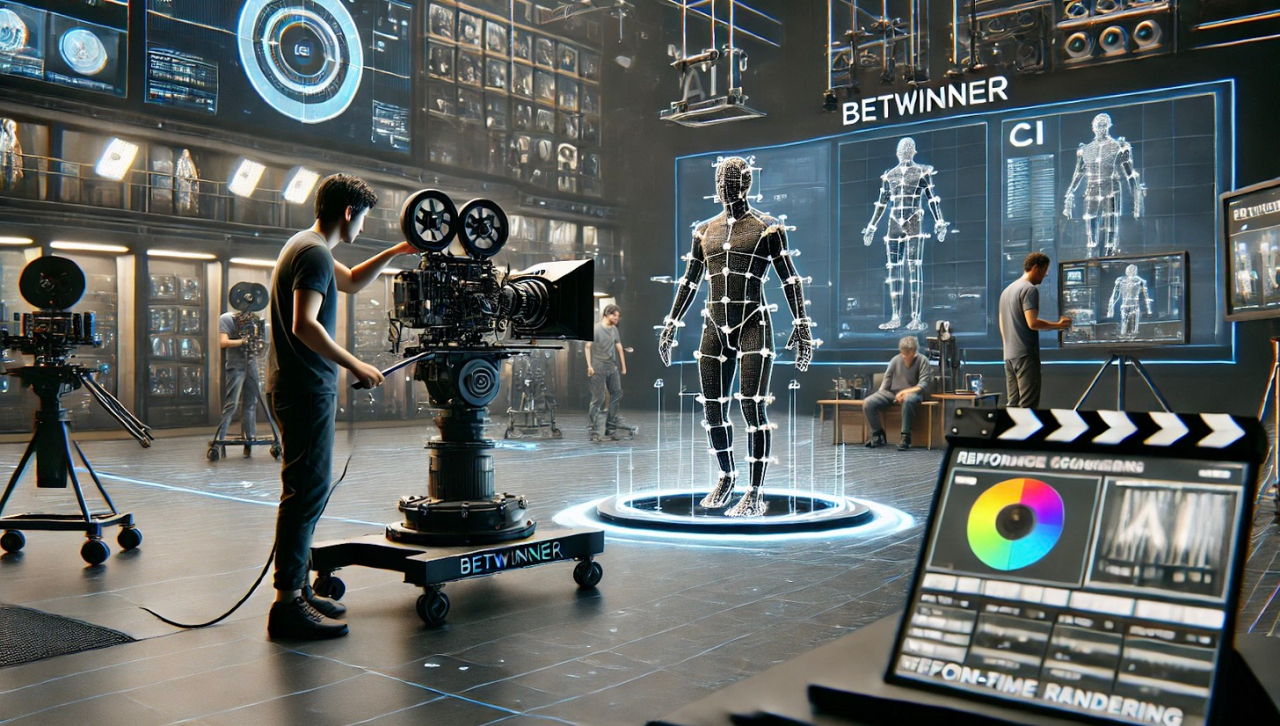
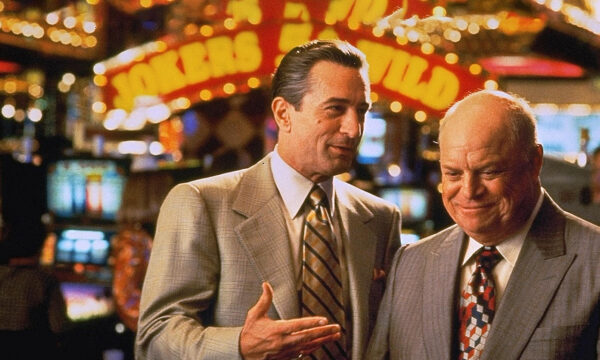
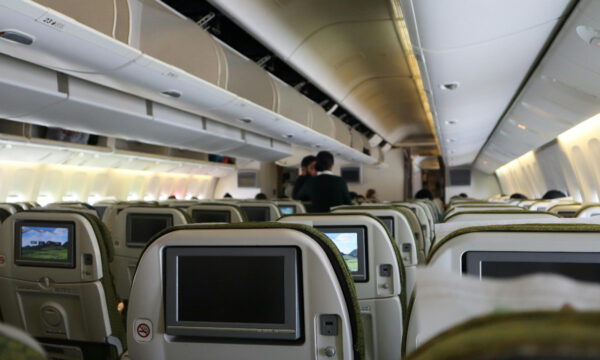



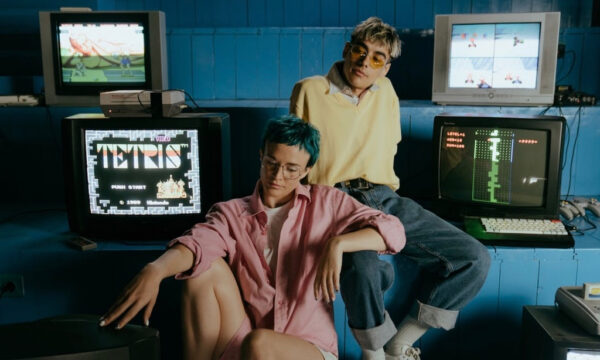
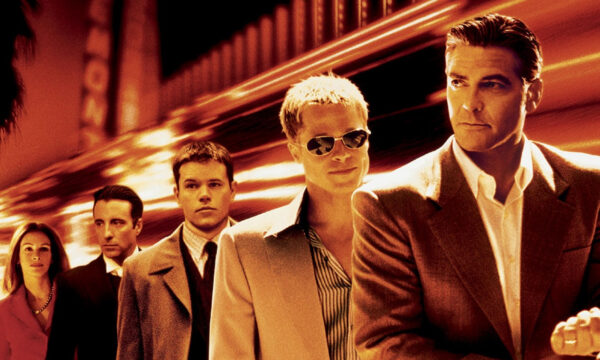
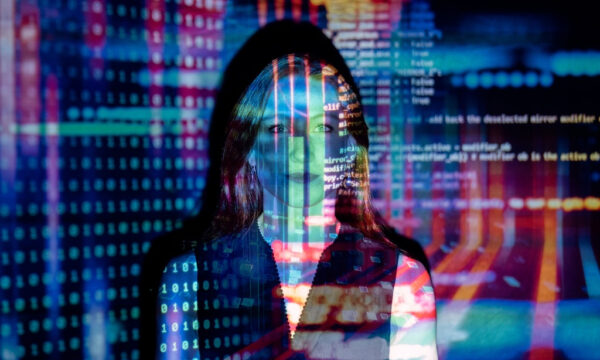















Facebook
Twitter
Instagram
YouTube
RSS